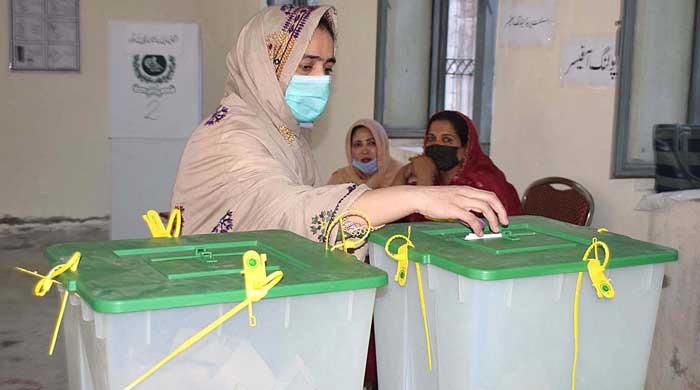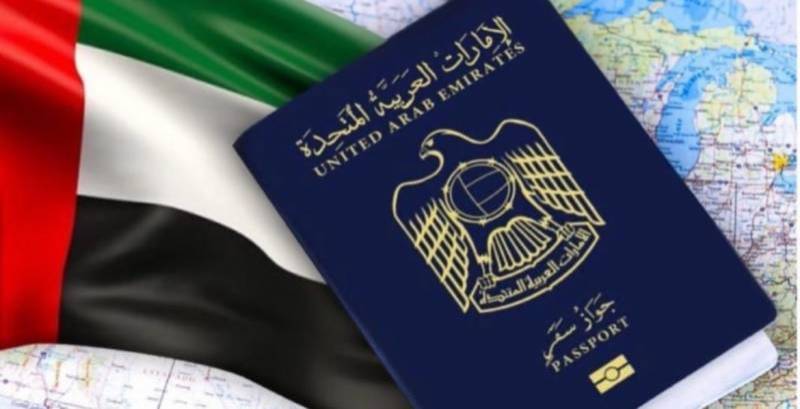DESPITE external geopolitical and geostrategic conflicting and compounding realities, Indonesia’s macro-economy is expected to grow by five per cent in 2023 as domestic demand takes over from commodity exports as the driver of growth. According to the Asian Development Bank report (September 2023), healthy growth continued in the first half of 2023, while inflation kept easing faster than expected as commodity price shocks in 2022 wore off. For 2024 the economy is also projected to grow at per cent. Inflation is expected to fall further to an average of three per cent in 2024 due to wise fiscal & monetary policies of the Central Bank of Indonesia.
Many published reports of the IMF and WB clearly indicate bright prospects of Indonesian economy surpassing regional countries and achieving the desired goals of socio-economic development. Many prominent regional economists have already termed it as pinnacle of global leadership. Despite in upper middle income group Indonesia is on the rise to achieve the economic wonders in the days to come because of digitalization, artificial intelligence, diversification of exports, Electric Vehicles, green energy, economic corridors, free trade zones and last but not the least, qualitative industrialization in the days to come.
Indonesia has also reported export growth of 11.7 per cent and consumption growth of 4.5 per cent in the first quarter of 2023. Moreover, manufacturing, transport, food and beverage sectors registered a growth of 4.4 per cent, 15.9 per cent and 11.6 per cent, respectively, for the same period. Inflation in Indonesia is also relatively low compared with most other countries. Amid the global economic slowdown, the Indonesian economic recovery is getting stronger. It is expected that future outlook of Indonesian economy will be strong because of integrated structural reforms and economic transformation. The financial sector also remains solid amid the uncertainty of the global financial sector.
A growing middle class is fuelling consumption and helping to power the economy. Domestic consumption accounts for more than half of Indonesia’s GDP. It accelerated in 2022 and has contributed to Indonesia’s post-pandemic economic recovery and has further strengthened its massive drive of economic stability, sustainability and diversification. Tourism has also played a vital role in this regard after the removal of COVID-19 restrictions for citizens. With such strong consumption, high government expenditure and manageable inflation, Indonesia can continue to navigate a complex global economic environment and maintain robust growth. The government is providing subsidies for fuel, gas and electricity succeeding to lessen financial burden from the common people in the country. However, the policy makers should initiate energy subsidy reforms in the country so that budgetary balance should be maintained and streamlined. It would be useful for the government to achieve goals of climate change, fiscal stability and transparency and provide extra funds for implementing government’s agenda.
It is suggested that policy makers of Indonesia should look beyond the export of traditional commodities like coal, mineral fuels, rubber, iron and steel. Export of nickel and expected bilateral agreement of mental & mineral exploration with the US government would be a value addition in this regard. However, further diversification of exports, especially start-ups, EVs and lithium batteries should also be pursued. Cooperation and seeking more and more inflows of the FDIs in green energies (solar, wind, hydrogen power generation) would be useful for the economy of Indonesia. Tax incentives and other measures should be initiated to attract foreign investments.
It is recommended that further industrialization must be pursued through National EV Campaign in which Indonesian reserves of nickel and lithium will play an important role in the days to come. The EV industry presents significant opportunities not just to produce vehicles, but also for the expansion of the value chain around the car industry. The transportation, health, tourism and Halal food sectors are existing strongholds. It is estimated that the growth of the digital and green economies will be attractive and open to transformative business programs.
On the digital front, the gross merchandise value of Indonesia’s e-commerce markets has hit US$77 billion (A$118 billion). This accounts for about 40 per cent of the total market in South East Asia. This figure is projected to reach US$130 billion (A$199 billion) by 2025. Indonesia has already succeeded in becoming a major player in the Asian digital economy. Obviously, the Widodo’s government has already taken important steps to support the digital transformation, such as reducing the regulatory burden and offering investment incentives. The e-commerce boom has enabled consumers across a broad geographical footprint to participate in the digital economy.
The small business would be another stimulator of growth in Indonesia. 84 per cent of Indonesia’s small businesses expect to grow in 2023. The lifting of travel restrictions has helped Indonesian MSMEs perform strongly, in line with associated boosts to tourism and private consumption. For the further strengthening of the MSMEs the government should encourage business credit and financing options as well as enabling access to the government’s procurement marketplace. In summary, the role of Indonesia’s state-owned enterprises (SOEs) should also be further regularized. Further economic liberalization, privatization, greater role of private sector, strong public-private partnership, competitiveness and last but not the least good governance would assist its economy to move forward to achieve its desired goals.
Indonesia should further pursue the ambitious Just Energy Transition Partnerships (JETPs) to achieve the desired goals of green transformation. Its plans of rolling out potentially the world’s largest green industrial park in North Kalimantan province should be built as soon as possible. Retiring it coal-fired power plants and replacing with renewable energy options should be started. The proposed carbon exchange will play a pivotal role in enabling both domestic and cross-border trading. The exchange will operate on a cap-and-trade model, allowing businesses to trade emission allowances within set pollution limits. Nurturing of human capital, availability of skilled labour, digitalization and modernization would be catalyst for Indonesian economy.
—The writer is Executive Director, the Centre for South & International Studies (CSAIS) Islamabad and regional expert: Indonesia, ASEAN & China.
Email: [email protected]
views expressed are writer’s own.






